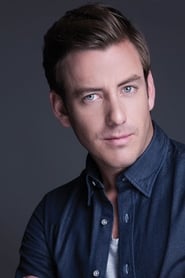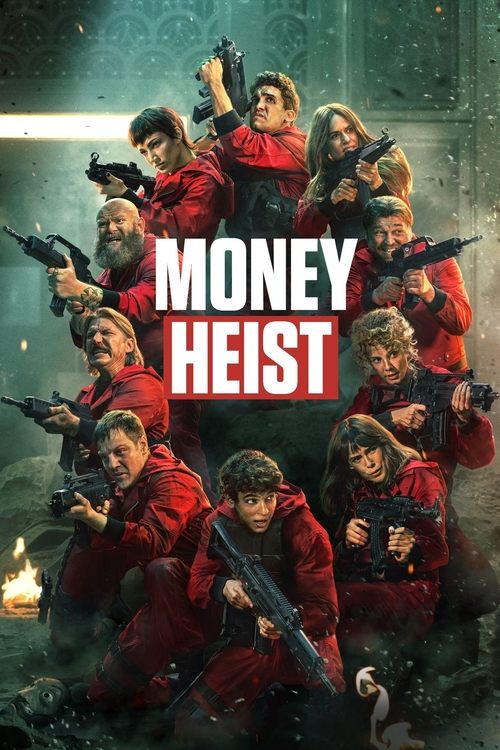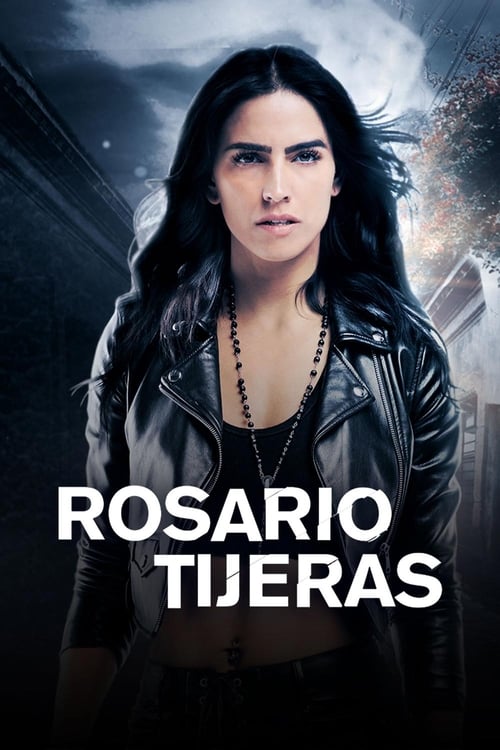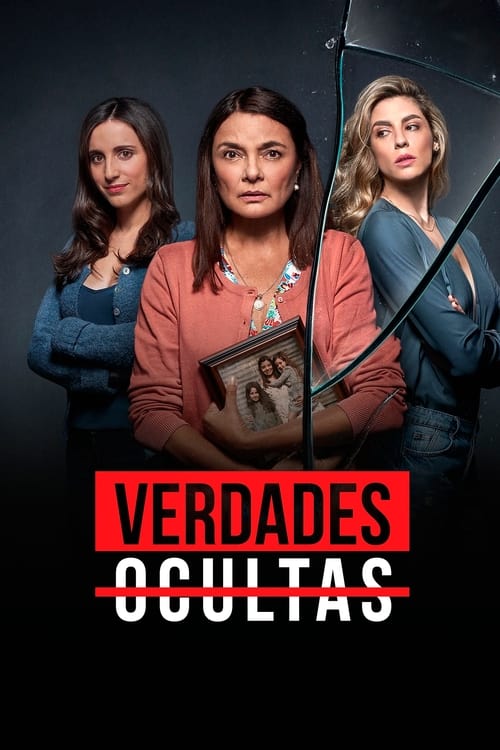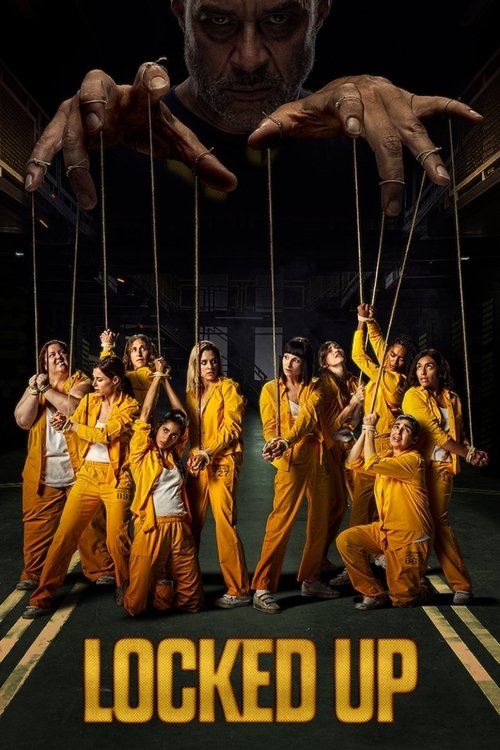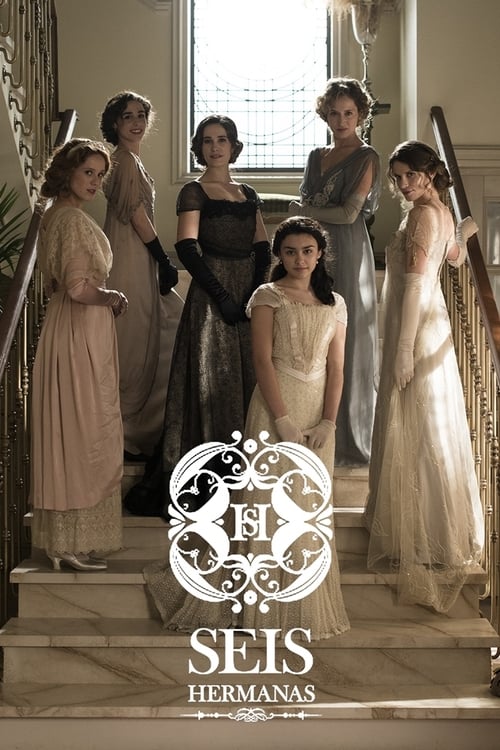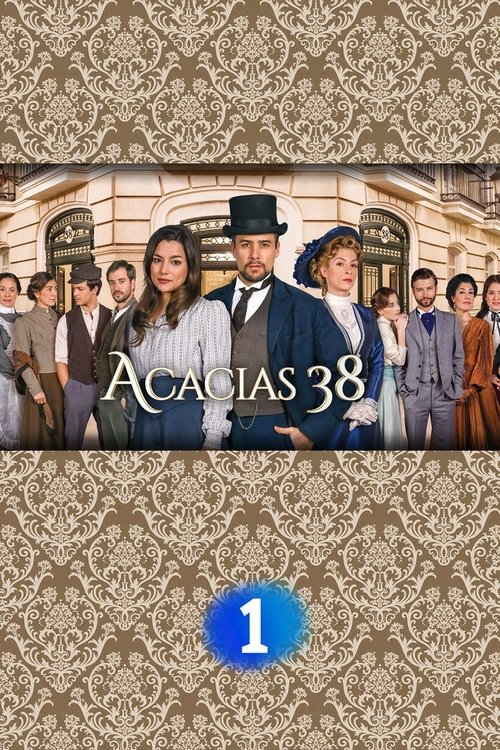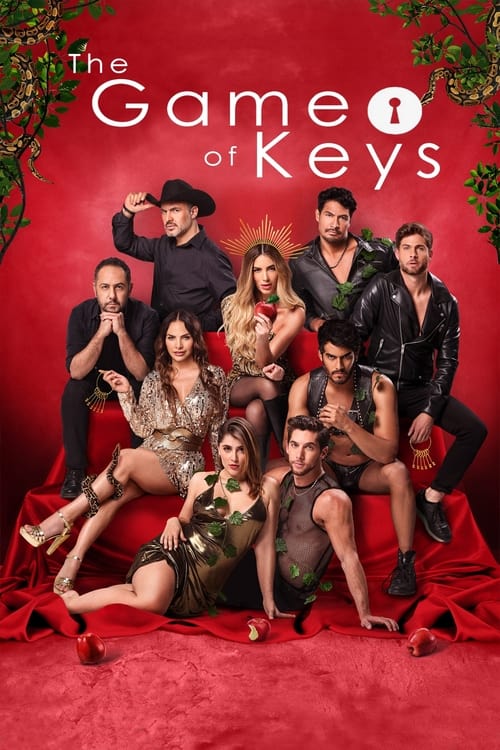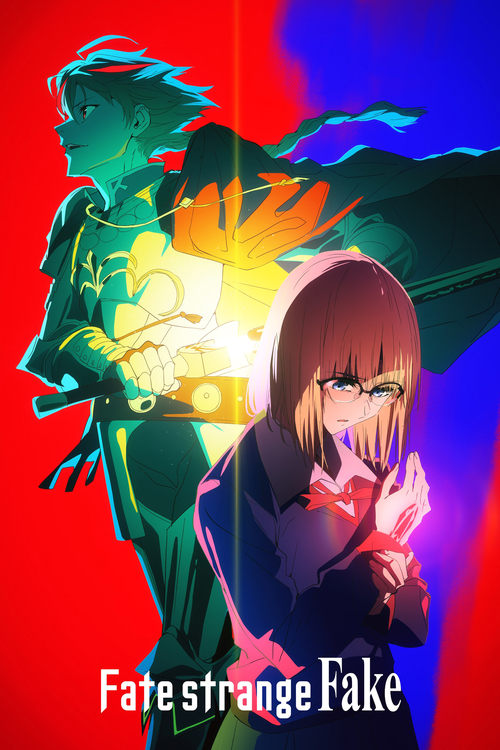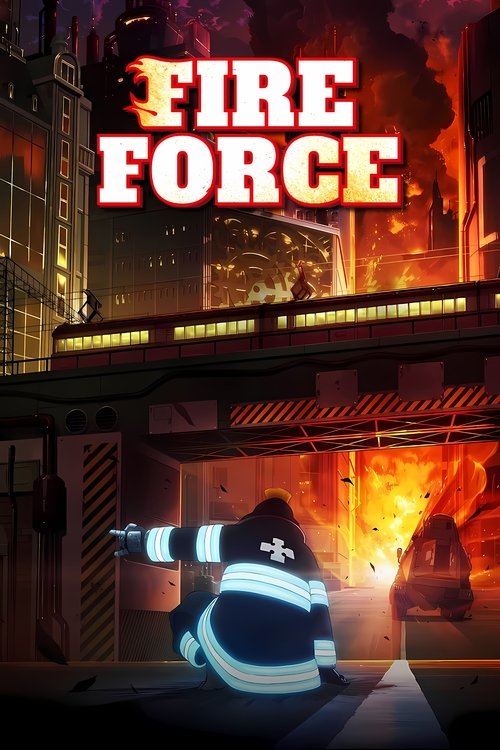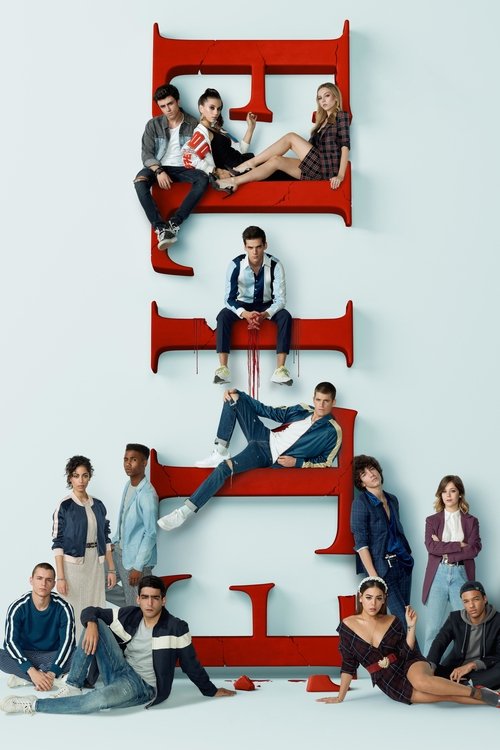
Ask Your Own Question
What is the plot?
In the second episode of "Me declaro culpable," the story picks up with the aftermath of the intense confrontation from the previous episode. The main character, a lawyer named Santiago, is grappling with the emotional fallout of his recent decisions. He feels the weight of his choices as he navigates the complexities of his personal and professional life. The episode opens with Santiago in his office, staring at a stack of case files, his mind racing with thoughts of the case he is currently handling.
As the day progresses, Santiago receives a visit from his estranged father, who unexpectedly shows up at his office. The tension between them is palpable, as unresolved issues from their past bubble to the surface. Santiago's father expresses disappointment in his son's career choices, which leads to a heated argument. Santiago, feeling cornered, defends his decisions but is visibly shaken by the confrontation. This interaction serves to deepen Santiago's internal conflict regarding his family and his career.
Later, Santiago meets with his client, a woman named Valeria, who is facing serious legal troubles. Valeria is anxious and desperate for help, and Santiago feels a strong sense of responsibility to defend her. During their meeting, Valeria reveals new evidence that could potentially change the course of her case. Santiago's determination to help her grows, and he begins to formulate a strategy to use this new information to their advantage.
As Santiago delves deeper into Valeria's case, he uncovers a web of corruption involving powerful figures in the community. This discovery heightens the stakes, and Santiago realizes that he is not just fighting for Valeria's freedom but also against a system that is rigged against them. The tension escalates as he decides to confront one of the corrupt officials, leading to a tense and dangerous encounter.
In a pivotal scene, Santiago confronts the official in a dimly lit parking garage. The atmosphere is thick with tension as Santiago demands answers. The official, initially dismissive, quickly becomes aggressive, threatening Santiago and warning him to back off. Santiago, fueled by a mix of fear and determination, stands his ground, refusing to be intimidated. The confrontation escalates into a physical altercation, with Santiago narrowly escaping harm. This moment solidifies his resolve to fight for justice, no matter the personal cost.
Back at his office, Santiago reflects on the confrontation and the risks involved in pursuing the case. He is torn between his desire to protect Valeria and the potential repercussions of challenging powerful adversaries. This internal struggle is compounded by his father's earlier visit, leaving him feeling isolated and uncertain about his path forward.
As the episode progresses, Santiago begins to rally support from his colleagues, sharing the details of Valeria's case and the corruption he has uncovered. He organizes a meeting with his team to strategize their next steps. The camaraderie among the team members is evident, and they express their commitment to helping Valeria, which boosts Santiago's morale.
The episode culminates in a dramatic courtroom scene where Santiago presents the new evidence in front of the judge. The tension is palpable as he passionately argues for Valeria's innocence, drawing on the corruption he has uncovered. The judge listens intently, and the atmosphere in the courtroom is charged with anticipation. Santiago's performance is compelling, showcasing his dedication and skill as a lawyer.
As the episode concludes, the judge delivers a surprising ruling that leaves everyone in the courtroom stunned. Santiago's expression shifts from hope to disbelief, setting the stage for the challenges that lie ahead. The episode ends on a cliffhanger, with Santiago realizing that the fight for justice is far from over, and the stakes have never been higher.
What is the ending?
In the ending of "Me declaro culpable," Season 1, Episode 2, the tension escalates as the main characters confront their personal demons and the consequences of their actions. The episode concludes with a dramatic confrontation that leaves the characters at a crossroads, forcing them to make pivotal decisions about their futures.
As the episode unfolds, we see the aftermath of the previous events weighing heavily on the characters. The scene opens in a dimly lit room where the protagonist, who has been grappling with guilt and the burden of their choices, sits alone, reflecting on their situation. The atmosphere is thick with tension, and the character's internal struggle is palpable. They are torn between seeking redemption and succumbing to despair.
In the next scene, the protagonist meets with a close friend who has been a source of support throughout their turmoil. This friend, sensing the protagonist's emotional state, urges them to confront the issues head-on rather than running away. The dialogue is charged with emotion, revealing the depth of their friendship and the stakes involved. The protagonist's eyes betray a flicker of hope, but it is quickly overshadowed by doubt.
The narrative then shifts to a confrontation with an antagonist who embodies the protagonist's fears and regrets. This character challenges the protagonist, pushing them to acknowledge their past mistakes. The tension in the room is electric, and the protagonist's heart races as they grapple with the weight of their guilt. The antagonist's words cut deep, forcing the protagonist to confront the reality of their situation.
As the climax approaches, the protagonist makes a bold decision to stand up for themselves. This moment is pivotal, showcasing their growth and determination to take control of their life. The scene is charged with emotion, and the protagonist's voice trembles with conviction as they declare their intent to change. The antagonist, taken aback, realizes that their manipulation has failed.
The episode concludes with the protagonist walking away from the confrontation, a newfound sense of purpose in their stride. The camera lingers on their face, capturing a mix of relief and uncertainty. The final shot reveals the protagonist standing at a crossroads, symbolizing the choices that lie ahead. The screen fades to black, leaving the audience with a sense of anticipation for what comes next.
In summary, the ending of Episode 2 encapsulates the characters' struggles with guilt, redemption, and the choices that define their paths. Each character is left at a critical juncture, with the protagonist poised to embrace change while the antagonist is left to grapple with their own failures. The episode closes on a note of hope, suggesting that while the journey is fraught with challenges, the possibility of redemption remains within reach.
Is there a post-credit scene?
In "Me declaro culpable," season 1, episode 2, there is no post-credit scene. The episode concludes without any additional content after the credits roll. The focus remains on the unfolding drama and character development throughout the episode, leaving no extra scenes to explore further plot points or character arcs.
What challenges does the main character face in Episode 2?
In Episode 2, the main character, who is grappling with the consequences of their past actions, faces significant challenges as they navigate the legal system. They encounter hostility from the prosecution, who is determined to make an example of them, and must also deal with the emotional turmoil of their family, who are struggling to understand the situation.
What internal conflicts does the protagonist experience in Episode 2?
In Episode 2, the protagonist experiences intense internal conflicts as they grapple with guilt over their past decisions and the impact on their loved ones. They are torn between wanting to fight for their freedom and the fear of the repercussions that their actions have caused, leading to moments of self-reflection and doubt.
How does the relationship between the protagonist and their lawyer develop in this episode?
The relationship between the protagonist and their lawyer deepens in Episode 2 as they begin to trust each other more. The lawyer, who is initially seen as just a professional, starts to show genuine concern for the protagonist's well-being, leading to more open discussions about strategy and the emotional stakes involved.
What pivotal moment occurs during the courtroom scenes in Episode 2?
During the courtroom scenes in Episode 2, a pivotal moment occurs when a key witness unexpectedly changes their testimony, casting doubt on the prosecution's case. This moment not only shifts the dynamics of the trial but also heightens the tension and uncertainty for the protagonist, who feels a mix of hope and fear.
How does the protagonist's family react to the developments in Episode 2?
In Episode 2, the protagonist's family reacts with a mix of anger, confusion, and fear as the trial progresses. Tensions rise at home, with family members expressing their frustrations and doubts about the protagonist's choices, leading to emotional confrontations that reveal deeper issues within the family.
Is this family friendly?
"Me declaro culpable," particularly in its second episode, contains themes and scenes that may not be suitable for all audiences, especially children or sensitive viewers. Here are some potentially objectionable aspects:
-
Intense Emotional Conflict: The episode features scenes of heightened emotional distress, including arguments and confrontations that may be upsetting for younger viewers.
-
Legal and Ethical Dilemmas: The storyline revolves around complex legal issues and moral questions that may be difficult for children to understand and could provoke anxiety.
-
Violence and Threats: There are moments that involve threats of violence or aggressive behavior, which could be alarming.
-
Family Struggles: The depiction of familial relationships under strain, including betrayal and disappointment, may resonate negatively with sensitive viewers.
-
Substance Abuse References: There are implications of substance abuse that could be distressing.
These elements contribute to a narrative that, while compelling, may not be appropriate for all audiences, particularly younger children or those who are sensitive to such themes.





